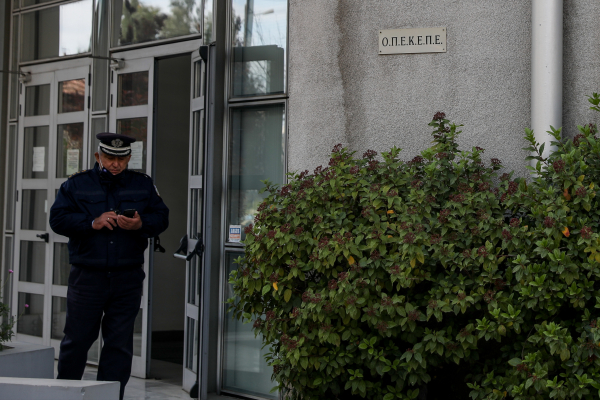The cooperation of the outgoing government with the Bank of Greece was not as smooth as circumstances warranted.
It was tested by the government’s view that the executive branch of government is not limited to governing and that its authority extends to other institutions.
That perception explains to a large degree the government’s repeated attacks on Bank of Greece Governor Yannis Stournaras.
The relationship between the country’s government and its central bank must be normalised immediately.
The country cannot transcend the crisis with such clashes at such a high level.
Political stability presupposes the normal functioning of institutions.
The warnings that the Bank of Greece issues due to its institutional role should be viewed as necessary, and not as hostile acts as the government viewed them over the last four years.
It is from that perspective that one should view the central bank’s latest monetary policy report which underlines three great dangers that the economy faces: a reform malaise, judicial rulings that can derail the fiscal course, and the outgoing government’s benefits package.
The report should not be exploited politically by either side.
One must, however, take its substance seriously into account both as regards lagging GDP growth and the anaemic profits of banks, and it should serve as a reminder that the day after the election will not be easy for anyone.


























